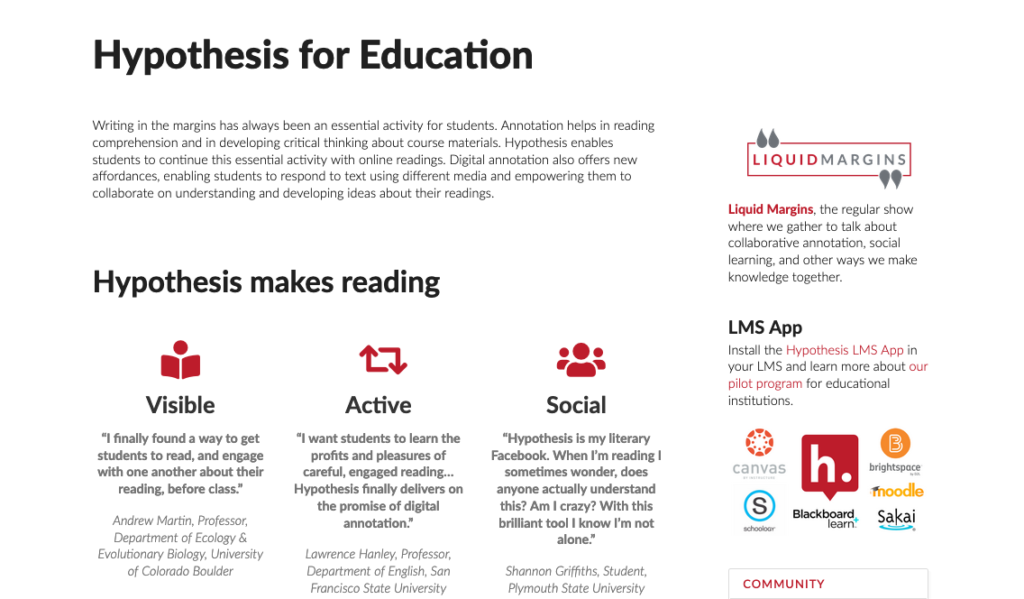It was interesting to get a peek under the hood into crafting DH curriculum in this week’s readings. Ryan Cordell gave a very clear outline into his trial and error with his early Intro to DH course for undergraduate students. I appreciate his honesty in explaining how and why his department rejected his initial course proposal, and also in his almost confession that DH readings and theory don’t impress undergrad students. They’re unimpressed by the word “digital” because their entire lives are already lived online; although we learn in Risam’s ‘Postcolonial Digital Pedagogy’ that the term “digital native” used to describe students today is complicated. In fact, Risam introduces us to the idea that the fallacy of this is “the assumption that the increased consumption of digital media and technologies produces a deeper understanding of them.” No teacher can assume that all of their students are coming in with the exact same skillset at the start of a semester. Just as those students shouldn’t assume that they have more advanced tech skills than their teacher. Cordell reveals how much he learned from his students’ projects over the course of a semester, and suggests colleagues should follow his same pedagogical approach.
I found a few parallels between the Cordell and Risam pieces. One of these is the attitude they share that DH pedagogy shouldn’t teach specific tech skills to students, but to let students access the skills that they would need by working with an assortment of tools. Risam created the metaphor of the student as a carpenter, building their own knowledge structures from the ground up. Giving them a huge advantage to be able to identify gaps. I found it inspiring that students should be encouraged to create and explore, emphasizing the role of production over consumption. Cordell explains similar thoughts, and argues that that’s the best way to overhaul DH pedagogy.
I agree with the recommendation from both writers to have students experiment through access to many different tech skills. And I appreciated that we were given this same freedom in our Intro to DH course. Just like in the way we were encouraged to approach our praxis assignments for this course, it’s recommended that DH pedagogy should start small by having students working with a focused group of tools initially, experimenting across different modalities, gradually building their toolbox within their own universe. Both writers also agree that student-produced projects are more valuable at showing DH skills learned during the course rather than a final essay, allowing students to better showcase their engagement with the material through interaction. Risam describes how power dynamics in the classroom should shift in this way, rather than having students just learning for the sake of regurgitation at the end which I think is very empowering for the students.
One final theme mentioned in the readings that mirrors our course is teaching students to have a healthy attitude towards failure. When working on both our mapping and text praxis projects we talked about scope creep and how our expectations changed as we worked with the tools. We didn’t always succeed, and it’s OK that this happens. Risam brings this up by looking at the relationship between “blue sky thinking” versus “practicality of implementation”. Like most things in life, things rarely work out the way we intended them to. Teaching students to navigate roadblocks while pursuing the end goal is invaluable to their long term education and overall success. Being able to experiment and make our own way with these DH tools that are (mostly) new to us, is the best way to learn how, why, and when to stir things up and create our own digital spaces. I didn’t have the space here to delve into all of this week’s readings, but I found them insightful and I think educators across all fields can benefit from the recommendations from these pieces.




